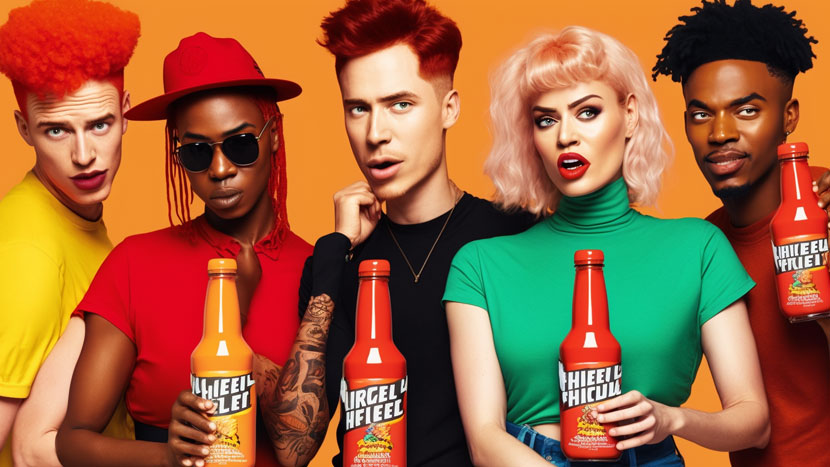There is actually a lot of research that has been done on the psychology of influencer culture and why it has become so popular in recent years.
One of the key factors that has contributed to the rise of influencer culture is social identity theory. This theory suggests that people are drawn to groups and communities that they feel they belong to and that reflect their values and interests. Influencers often have a strong sense of personal brand identity and cultivate a loyal following by presenting themselves as experts or authorities in their particular niche.
Another factor that has contributed to the popularity of influencer culture is the rise of social media. Social media platforms like Instagram, TikTok, and YouTube have given rise to a new generation of celebrities who have built their followings online. These platforms also provide a space for users to engage with influencers and other members of their communities, creating a sense of belonging and social connection.
Finally, there is also evidence to suggest that people are more likely to trust and be influenced by individuals who they perceive as being similar to themselves. Many influencers have built their followings by sharing personal stories and experiences, which can create a sense of empathy and relatability with their audiences.
Overall, there are many complex psychological factors that have contributed to the rise of influencer culture, and it is likely that we will continue to see the influence of these individuals grow in the years to come.
Here are some examples of weird and unusual products that influencers have promoted:
- “Vampire” Facial: In 2013, Kim Kardashian famously posted a photo of herself getting a “vampire” facial, which involves having one’s own blood drawn and then reinjected into the face.
- Charcoal Toothpaste: Several beauty influencers have promoted charcoal toothpaste, claiming that it can whiten teeth and improve oral health. However, dentists have warned that using charcoal toothpaste can actually damage tooth enamel.
- “Crotch Charms”: In 2019, fashion influencers began promoting a new trend called “crotch charms,” which are essentially bejeweled underwear that is meant to be worn as outerwear.
- “Smart” Water Bottles: Some influencers have promoted water bottles that come with built-in trackers that can remind you to stay hydrated and track your daily water intake.
- Edible Gold: Several food influencers have promoted dishes and drinks that are garnished with edible gold, which is often used purely for its aesthetic value and has no real taste or nutritional value.

These are just a few examples, but there are countless other weird and unusual products that influencers have promoted over the years!
- “Vagina-Scented” Candles: In 2020, Gwyneth Paltrow’s lifestyle brand, Goop, released a candle that was marketed as having a scent that was “funny, gorgeous, sexy, and beautifully unexpected.” The candle was called “This Smells Like My Vagina.”
- “Detox” Teas: Several influencers have promoted “detox” teas, claiming that they can help flush toxins from the body and promote weight loss. However, doctors have warned that these teas can be dangerous and may cause dehydration and electrolyte imbalances.
- Waist Trainers: In recent years, many fitness influencers have promoted waist trainers, which are essentially corsets that are meant to be worn during exercise. However, doctors have warned that waist trainers can cause a range of health problems, including breathing difficulties and organ damage.
- “Blue Light” Glasses: Some influencers have promoted “blue light” glasses, which are designed to block the blue light emitted by electronic devices. The glasses are marketed as a way to reduce eye strain and improve sleep, but there is limited scientific evidence to support these claims.
- “Detoxifying” Foot Pads: Several influencers have promoted “detoxifying” foot pads, which are supposed to draw toxins out of the body through the feet. However, doctors have warned that these pads are ineffective and may even be harmful, as some brands have been found to contain toxic substances.


0 Comments